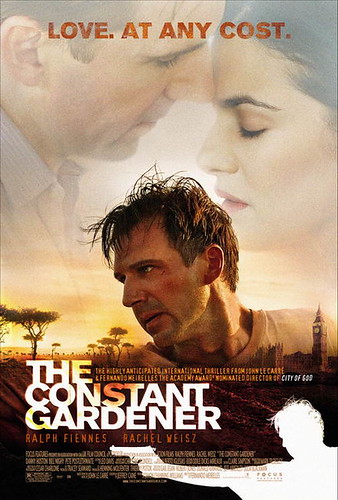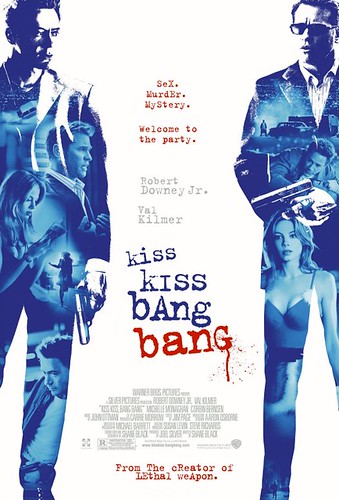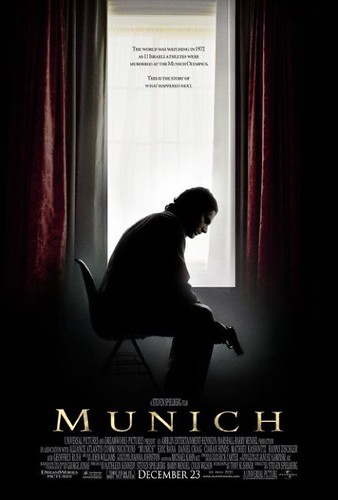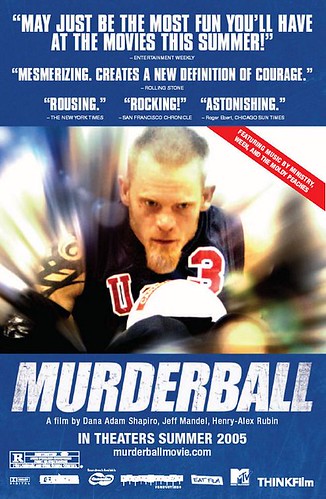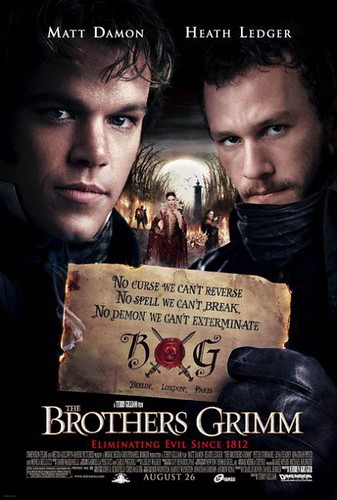
Starring Matt Damon, Heath Ledger, Lena Headey, Peter Stormare, Jonathan Pryce and Monica Bellucci
Directed by Terry Gilliam
Long considered a great visual director with films such as "12 Monkeys," "The Fisher King" and "Brazil" among his credits, Terry Gilliam's movies often walk the line between creativity and chaos. Unfortunately, his latest concoction, "The Brothers Grimm," falls closer to the latter.
There's certainly plenty to admire in this interesting spin on the early lives of the Brothers Grimm, who would go on to great notoriety for their twisted takes on fairy tales. But so many ideas and visuals on are display here that the narrative thrust of the movie never fully takes hold. Numerous scenes work on their own, but just as many seemingly go nowhere.
The story's concept is a clever idea, as brothers Will (Matt Damon) and Jacob (Heath Ledger) are 19th-century con artists who are able to "eliminate" evil spooks and spirits from German villages – for the right price. Never mind the fact that they are also responsible for the hauntings in the first place.
Problems arise when General Delatombe (Jonathan Pryce), a egotistical head of the French military during his country's occupation of Germany, discovers the brothers' ruse. Having received reports of disappearing children from Marbaden, Delatombe dispatches them to flush out the people he believes are now conning that village. Accompanying them is Cavaldi (Peter Stormare, hamming it up without mercy), an Italian torture expert who is also a notable coward.
With the assistance of Angelika (Lena Headey), an attractive huntress with a sour disposition, the brothers discover an enchanted forest that is by no means the work of con artists. Rather, it's the work of a 500-year-old queen (Monica Bellucci) looking to break a curse and the aging process. Jacob, a believer in magic from childhood, is eager to finally get the chance to be a hero for real. Will, a longtime skeptic, is more interested in self-preservation, but feels compelled to help his brother.
The cast is very much game for the proceedings (one could argue too much so, in the case of Pryce and Stormare), but the screenplay by Ehren Kruger doesn't seem to settle on what kind of a movie it should be. As with most Gilliam movies, there's an undercurrent of dark humor present along with wild visuals, but seemingly too much reliance on inconsistent CG effects.
Despite authentic recreations of early 19th-century life (shot entirely on location in the Czech Republic), the movie doesn't seem to follow much of a realistic outline for the characters themselves. In the lead parts, you have an American (Damon) and an Australian (Ledger) playing Germans with English accents. Still, even with their wavering accents, Damon and Ledger give amiable performances as the heroes, leaving the overacting to the villains.
This is an example where the individual pieces don't quite add up to a satisfying whole. But as far as scattershot films go, a Terry Gilliam one is worth more than most.
Grade: C+
(Rated PG-13 for violence, frightening sequences and brief suggestive material.)
